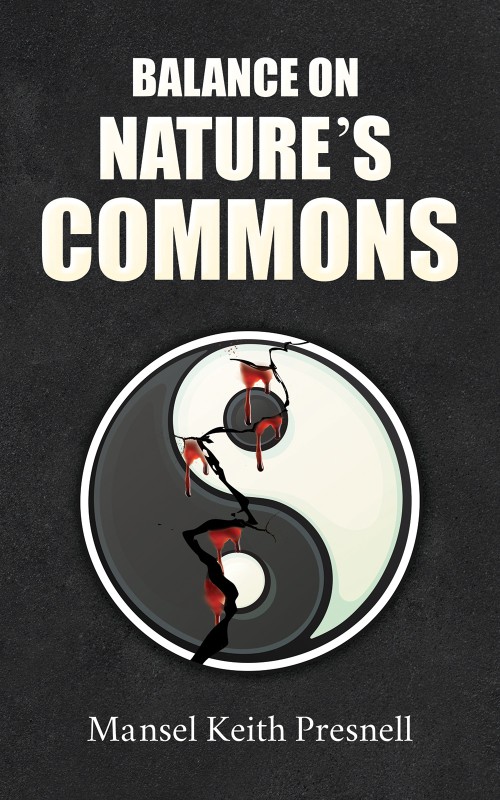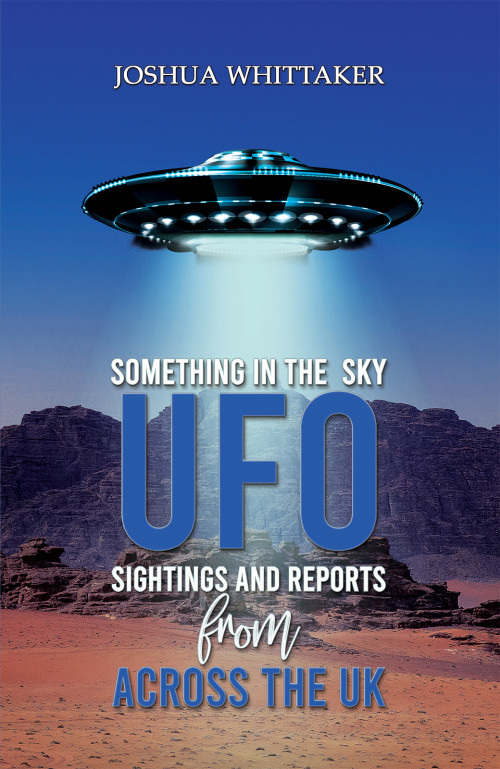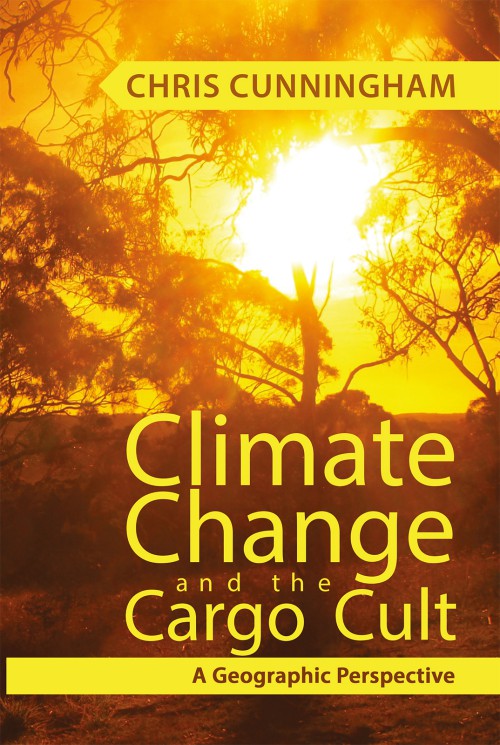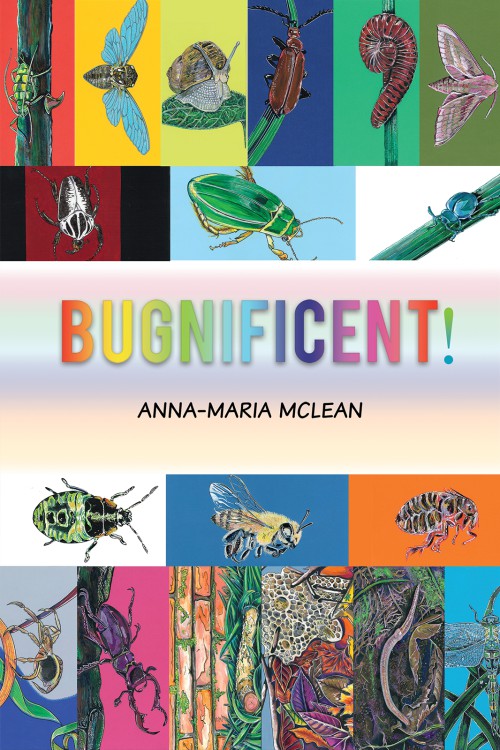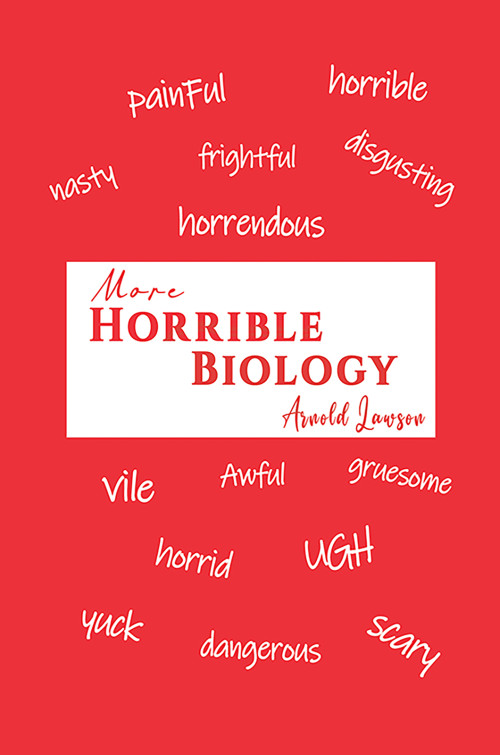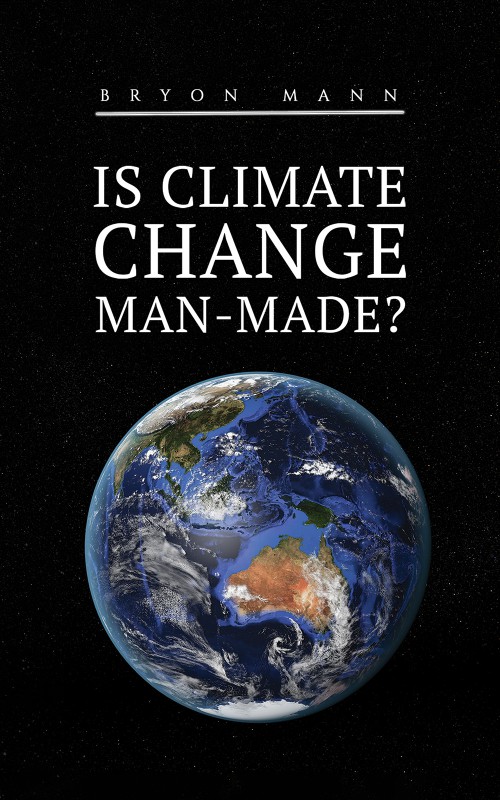Balance on Nature’s Commons is a ‘must read’ for anyone aspiring to be an environmental activist, anyone concerned about anthropogenic altercation of environmental balance, and anyone involved in decision-making relevant to those issues.
The narrative is written in an easy-to-follow non-academic style that calls the cards as the author sees them. It is intended to be thought-provoking and is well studded with ‘curved balls’.
The author clearly explains the concept of ‘Natural Commons’ and their importance for maintaining the integrity of the ‘Web of Life’, which coincidently includes humanity.
Unlike much that is written about environmental priorities, the text also includes a substantive section suggesting how the priorities might be addressed. Have we the will?
The multi-disciplinary approach may bemuse the specialist, but it provides material that everyone can empathise with.

